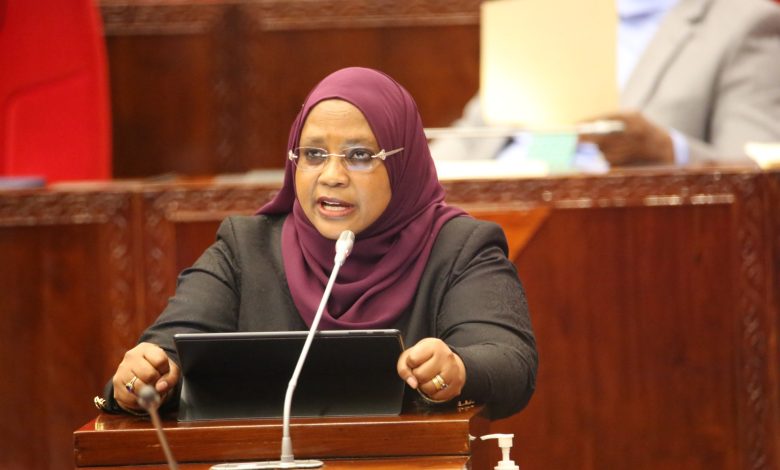
DODOMA (Tanzania), May 25 (NNN-DAILYNEWS) — THE Ministry of Livestock and Fisheries tabled a 476.7bn/- budget for the 2025/2026 financial year, highlighting key priorities including increasing production, marketing and value addition of livestock and fisheries products.
The spending plan also aims to boost export revenues and create more employment opportunities within the sector.
Minister for Livestock and Fisheries Dr Ashatu Kijaji told the National Assembly that the government is also determined to strengthen protection and management of livestock and fisheries resources.
The ministry also aims at promoting investment in the livestock and fisheries sectors as well as enhancing research, training and extension services for the livestock and fisheries sectors.
Dr Kijaji unveiled the plan after the ministry in collaboration with other stakeholders successfully managed to boost meat production by 9.4 per cent from 963,856.55 tonnes worth 9.48tri/- in 2023/2024 to 1,054,114.03 tonnes valued at 10.38tri/- in 2024/2025.
The minister told the lawmakers that promotion and supervision of the production of the sector has led to an increase in the value of livestock from 30.49tri/- in 2023/2024 to 33.22tri/- in 2024/2025 across all categories.
She elaborated that during the particular period, the number of cows increased by 3.4 per cent from 37.9 million to 39.3 million, goats 28.59 million (3.6 per cent) and sheep 9.66 million (3.2 per cent).
Dr Kijaji said that poultry increased by 5.0 per cent from 103.08 million to 108.22 million where indigenous chickens increased from 47.4 million to 49.8 million while the number of improved chickens rose from 55.7 million to 58.5 million and pigs increased by 5.1 per cent from 3.9 million to 4.13 million.
Other success recorded in the sector, according to the Ministry, is increased milk production from 3.97 billion litres worth 3.18tri/- in 2023/2024 to 4 billion valued at 3.21tri/- in 2024/2025.
“The increase in milk production is attributed to commercial dairy training, with 1,040 farmers trained in 2023/2024 and 1,109 farmers in 2024/2025, as well as an increase in the number of dairy cattle from 1,321,677 to 1, 410, 891,” she stated.
To attain the ministry’s targets stipulated in the 2025/26 plan, she told the National Assembly that the docket will continue to improve fisheries infrastructure, including: Completing the Kilwa Masoko Fishing Port construction project and conducting feasibility study along with an Environmental and Social Impact Assessment (ESIA) for the Bagamoyo Fishing Port Construction Project.
The ministry plans to facilitate loans worth 680bn/- for the livestock and fisheries sector and to continue discussions with livestock keepers, fishers and the credit guarantee institution (PASS) and address various challenges facing herders and fishermen in their business operations.
Requesting the august House to approve the Ministry’s 476.7bn/- spending plan, she said a total of approximately 101.5bn/- will be allocated for recurrent expenditure while 375.14bn/- will be injected in the development projects.
This represents an increase of approximately 16.32bn/- from the 460.33bn/- approved by Parliament for the current financial year, which ends next month.
Presenting the Parliamentary Standing Committee on Industries, Trade, Agriculture and Livestock report, Dr Merdard Kalemani advised the Ministry to address the problem of livestock smuggling which causes loss of government revenue domestic meat processing industries lacking sufficient raw materials to operate at full capacity; and while locals are missing out on employment opportunities across the entire value chain. — NNN-DAILYNEWS






